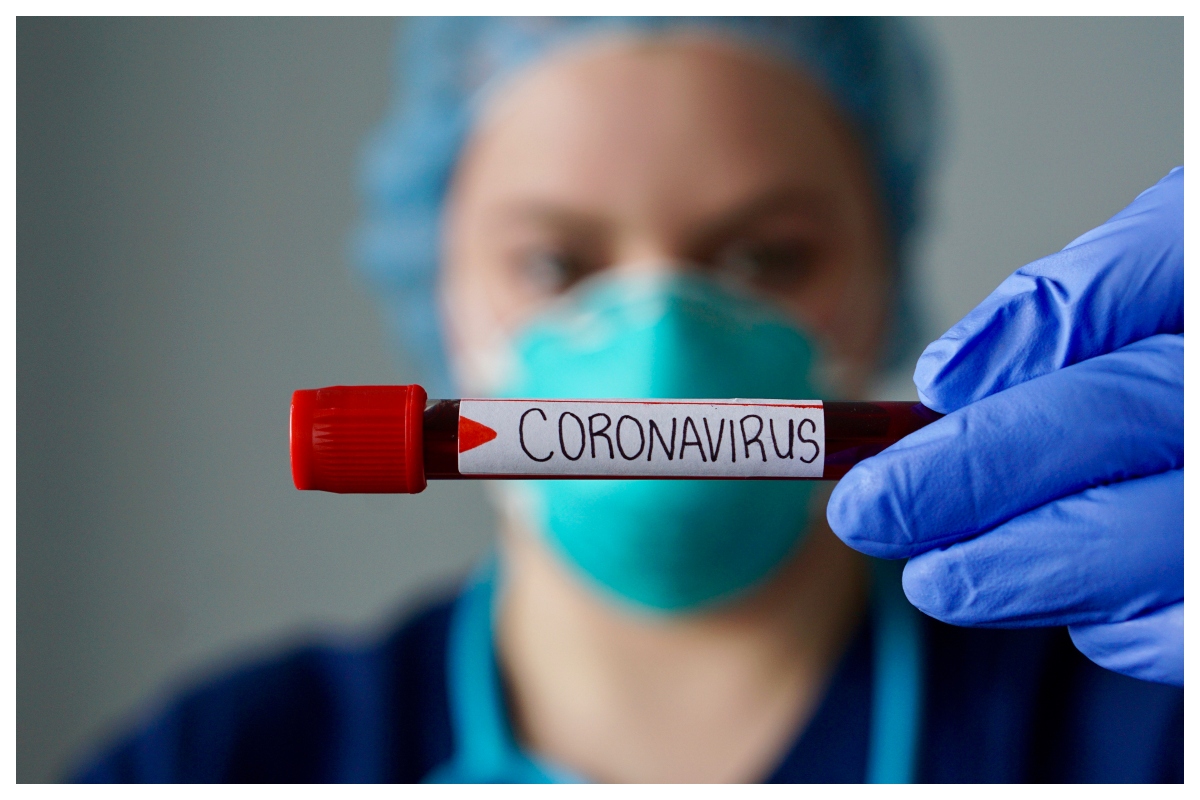In times of Covid-19 health systems face unprecedented challenges and uncertainties. This is especially true of developing countries, and poorer regions within them.
The burden is very heavy, funds are limited, some aspects are not clear and, on top of it, decision-makers must contend with those selfish interests that try to use even an emergency for private profit. In such a difficult situation unintended mistakes can lead to present day harm and future regrets, and scarce resources can be misallocated.
Advertisement
In such a situation there is much greater need for caution and transparency to protect public and national interest. A review of some recent tragic episodes of public health in several countries including India can give an idea of the kind of forces that are at work and why the need for caution has increased. In 2009 work started in Khammam (Telengana) and Vadodara (Gujarat) by an international organisation to administer the Human Papilloma Virus (HPV) Vaccine with the stated aim of preventing cervical cancer.
Mostly poor tribal girls staying in hostels were given these vaccines without they or their parents knowing what really was happening, based on approvals given by hostel wardens in turn based on wrong or fake documents.
Nearly 23,000 unsuspecting girls were given this vaccine.
Soon there were some deaths and adverse side-effects on a large scale, including epileptic seizures and heavy bleeding.
This led the Indian Council of Medical Research to stop this project. Later the Standing Committee on Health of Parliament investigated this tragedy and concluded that “safety and rights of children were highly compromised and violated.” This report pointed out that the main international agency involved in the exercise, receiving loads of money from very rich funders and having top level connections, was not even a registered legal entity and had been functioning (carrying out highly controversial work) in violation of India’s laws.
Indian collaborators too had been guilty of conflict of interest and other irregularities, including violations of guidelines of the drug and vaccine regulation authorities.
Soon it became clear that the high risks and commercial failure of this vaccine in the USA had prompted two big manufacturers to look for markets in some developing countries including India. As the Parliamentary Committee pointed out, “Had PATH (the involved international agency) been successful in getting the HPV Vaccine included in the universal immunisation program of the concerned countries, this would have generated windfall profit for the manufacturer(s) by way of automatic sale year after year, without any promotional or marketing expenses.”
Thus, what was actually a project of extremely high risk for Indian tribal (and other) girls and billions of dollars in profits for two big manufacturers was presented by its promoters as a philanthropic project! Polio control in India and elsewhere has been widely promoted as a success-story but this has ignored the fact that several hundred thousand children suffered attacks of even more deadly non-polio acute flaccid paralysis (NPAFP) as the pulse polio campaign administered excessive doses.
These afflictions increased after the entirely irrational introduction (around year 2005 generally) of monovalent vaccine that contained five times the Type 1 viruses compared to the previously used vaccine.
This tragedy-in-themaking was realised by health personnel in many countries and at the World Social Forum health summit a resolution was passed protesting against the high doses and introduction of monovalent type.
Yet the tragedy continued. Analysing official data for India, senior researchers found that in the period 2000-17 as many as 491,000 children (almost half a million) suffered from NPAFP above the normal number of such cases. The maximum afflictions were in the states of Bihar and Uttar Pradesh.
The year-by-year data is available in a widely discussed paper titled Correlation between Non-Polio Acute Flaccid Paralysis Rates with Pulse Polio Frequency in India published in the prestigious International Journal of Environment Research and Public Health.
This paper was jointly authored by Rachana Dhiman, Sandeep C. Prakash, V. Sreenivas and Jacob Puliyel. The last-mentioned senior doctor has played an invaluable role in drawing attention to this and related issues. More recently in the Philippines there were a series of indictments, public protests and legal actions when about 600 children were reported to have died after the administration of dengvexia vaccine which was supposed to protect them from dengue. An investigation was announced by the Public Attorney’s Office and the controversial vaccine was banned in the Philippines.
Similar public outrage led by local doctors was earlier caused in Kenya as hidden infertility agents were found to have been placed in vaccines meant for entirely different purposes. In a paper titled ‘HCG found in WHO Tetanus Vaccine in Kenya raises concern in Developing World’, John Oller of the University of Louisiana and three co-authors wrote, “Published research shows that by 1976 WHO researchers had conjugated tetanus taxoid (TT) with human chorionic gonadotropia (HCG) producing ‘birth-control’ vaccine.
Conjugating TT with HCG causes pregnancy hormones to be attacked by the immune system. Expected results are abortions in females already pregnant and/or infertility in recipients not yet impregnated. Repeated inoculations prolong infertility.” The authors then described how several Kenyan doctors had exposed and opposed this, using several lab tests to collect evidence. Depo-Provera, a dangerous injectable progesterone contraceptive was widely spread by strong campaigns in Africa and elsewhere for use particularly by poor women of colour.
In the course of these efforts serious side effects were often ignored, including bloodclots in arms, legs, lungs and eyes, stroke, higher risk of HIV and breast cancer and much else. Why should a contraceptive with so many hazards be used at all and why was its use concentrated on poor and black women, critics asked in anger? Finally, it led to many drug recalls and legal cases.
The phase 3 trials of an experimental malaria vaccine in Africa led to reports of deaths of nearly 150 children and very adverse side effects (including seizures and febrile convulsions) for many more. Again, introduction of Manafricavac vaccine to prevent meningitis in sub-Saharan Africa led to at least 40 children out of 500 developing paralysis.
Local newspapers screamed that Africans were being used as guinea pigs. A report from village Gouro in Chad said that following the large-scale attack of paralysis, suffering children had been removed to a bigger hospital and ministers and officials visited the village to hush up matters.
Explaining the reasons behind the proliferation of various vaccine trials in developing countries, a widely-discussed research paper published in the Annual Survey of International Law 2017 by Sharmeen Ahmed (titled Human Rights Violations in Health Care Provisions and the Effectiveness of Current Measures) says, “The cost of new drug development in the US is about $5.8 billion. Ninety per cent of the cost of new drug development is incurred in Phase 3 clinical trials required by the Food and Drug Administration (FDA) in the USA and similar agencies in Europe.
In Phase 3 clinical trials, tests are administered to human subjects to monitor side-effects and confirm treatment. As a result of the regulating requirements to conduct costly clinical trials in the US and Europe, the relocation of these trials to developing countries with emerging markets where regulatory regimes are more lax, and less costly (takes place).”
The great relevance of these tragic episodes for present times is that several of the most powerful persons and organizations involved in these past transgressions are hyper-active today in the race for the Covid-19 vaccine.
The need of the hour is precaution, not panic. But due to the panic that has been whipped up over Covid19 a situation has been created where corners are being cut and necessary precautions are not receiving due attention in various stages of vaccine development. In this context it is important to remember that while Covid-19 vaccine research is of course very recent, work on vaccines for other coronaviruses had taken place earlier and a senior scientist involved in this has warned about the many complications and safety risks in this. Hence there should be no cutting of corners and all safety aspects should be carefully examined in a situation of transparency and commitment to public interest.
The writer is convener of campaign to save earth now and author of recent books planet in peril and protecting earth for children.











